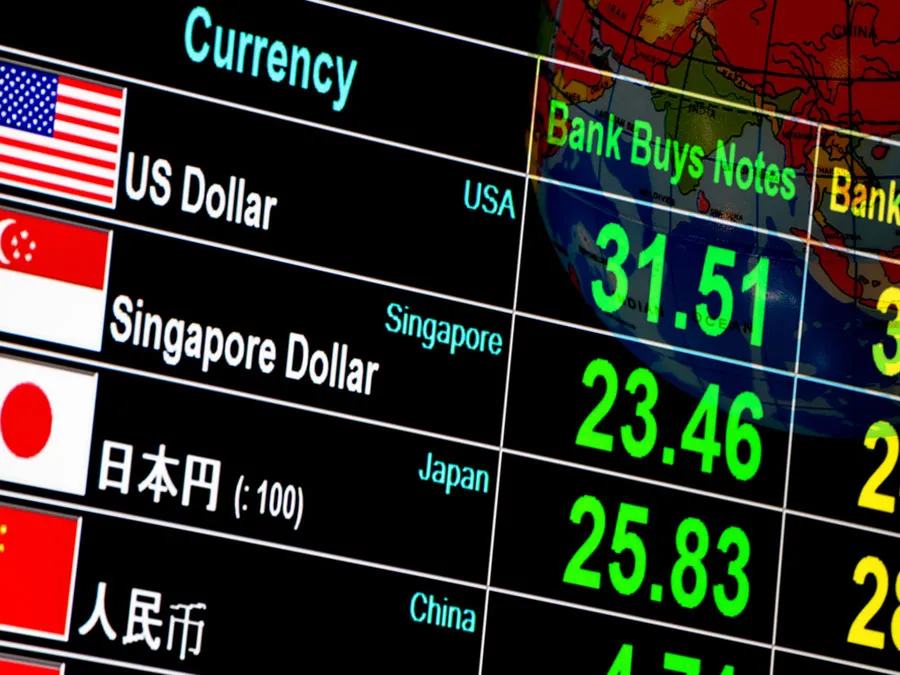Exchange rate,
The price of a country’s money is about the country’s capital. A financial exchange rate is “fixed” when countries use gold or another agreed-upon standard. and each currency is worth a specific measure of the metal or other benchmark. An exchange rate is “floating” when supply and demand or speculation sets exchange rates (conversion units). If a country imports large quantities of goods, the demand will push up the exchange rate for that country, making the imported goods more expensive to buyers. Demand drops as the goods become more expensive, and that country’s money becomes cheaper than other countries’ money. Then the country’s goods become more affordable to buyers abroad, demand rises, and exports from the country increase.
World trade now depends on a managed floating exchange system. Governments act to stabilize their countries’ exchange rates by limiting imports, stimulating exports, or devaluing currencies.

